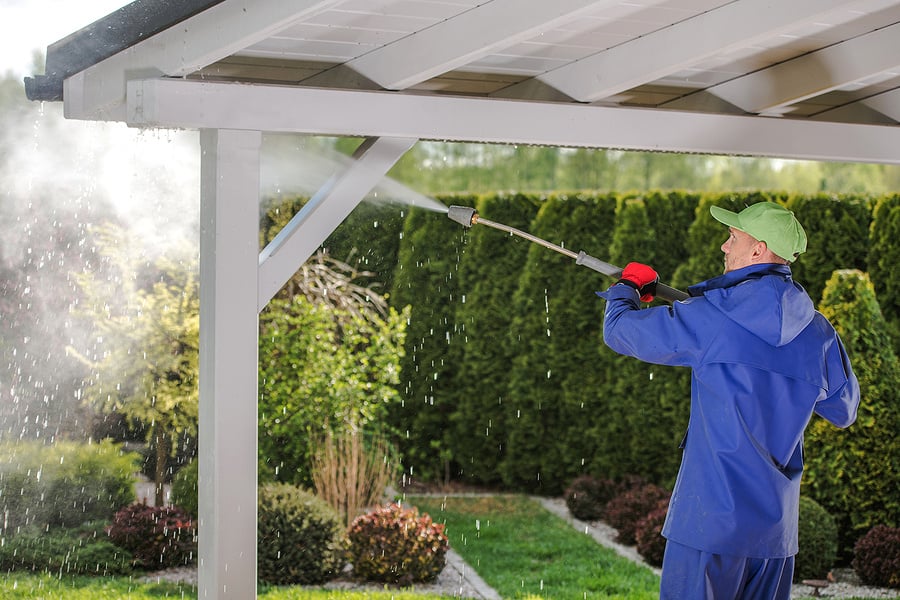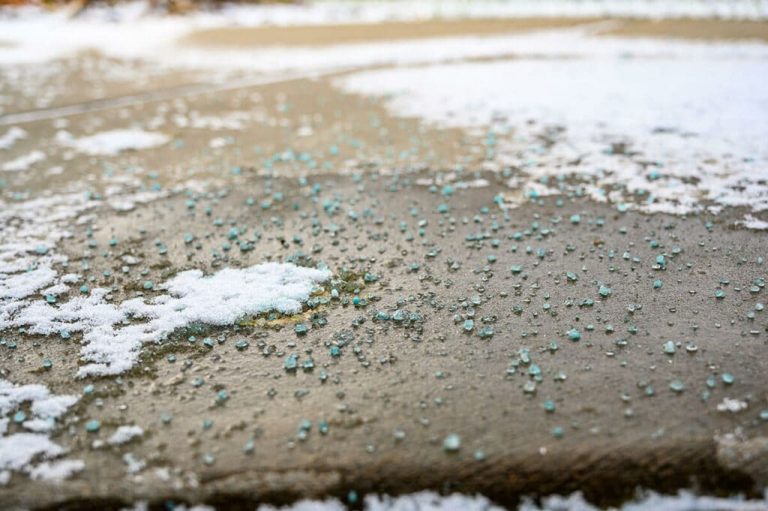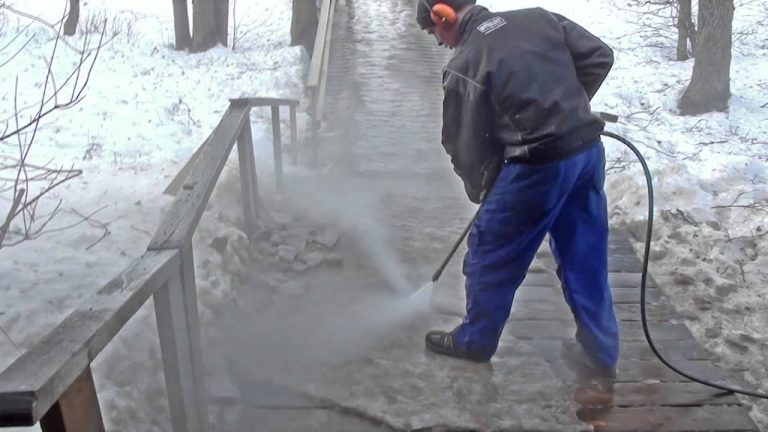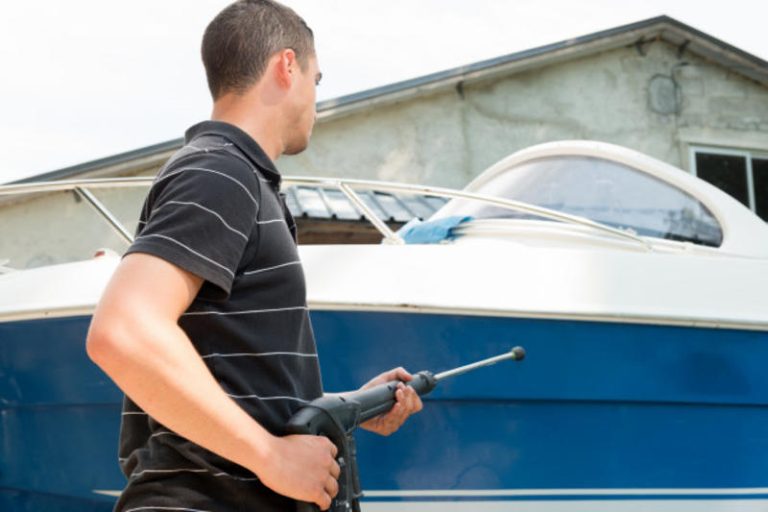
When most people think of outdoor cleaning, they imagine the powerful blast of a pressure washer peeling away years of grime. 💥 But there’s another method that’s often safer, gentler, and more effective—especially for delicate surfaces. It’s called soft washing, and if you’ve never heard of it, you’re not alone.
So, what exactly is soft washing? And when is it better than pressure washing?
Let’s break it down in plain English so you can make the right choice for your next cleaning project. 🧼🏡
🧠 What Is Soft Washing?
Soft washing is a low-pressure cleaning method that uses specialized cleaning solutions (often biodegradable) to break down dirt, algae, mildew, and other organic materials. 💧
Instead of relying on brute force, soft washing:
- Uses low water pressure (typically under 500 PSI)
- Applies a chemical solution that kills mold, bacteria, algae, and fungi
- Allows time for the solution to work before gently rinsing it away
The key difference? The cleaning power comes from the solution—not the pressure.
💦 How It Compares to Pressure Washing
| Feature | Soft Washing | Pressure Washing |
|---|---|---|
| Water Pressure | Low (under 500 PSI) | High (1,500–4,000+ PSI) |
| Cleaning Method | Chemical-based | Force-based |
| Best For | Roofs, siding, screens | Concrete, bricks, stone |
| Surface Risk | Minimal | Higher (can damage surfaces) |
| Kills Mold/Algae? | ✅ Yes | 🚫 Not always |
✅ When Soft Washing Is the Better Option
Soft washing is the go-to method when you’re dealing with:
- Delicate surfaces like vinyl, stucco, painted wood, or cedar shake
- Roof shingles, especially asphalt—high pressure can tear granules off
- Algae, mildew, or lichen growth, which requires chemical treatment to kill at the root
- Siding and windows, where high pressure could force water behind the walls
- Outdoor furniture and screened enclosures
💡 Bonus: Soft washing doesn’t just clean—it sanitizes. That means longer-lasting results, especially on areas prone to organic growth.
Browse Amazon Here For Soft Washing Equipment And Accessories
🚫 When Pressure Washing Is Better
That said, pressure washing still has its place! Use it when you’re cleaning:
- Concrete driveways
- Stone or brick patios
- Heavy-duty grease or oil stains
- Garage floors or metal equipment
These hard surfaces can withstand the pressure and often require it for deep cleaning.
🌿 What’s in the Soft Wash Solution?
A typical soft washing mix includes:
- Sodium hypochlorite (bleach) – kills algae, mold, mildew
- Surfactants – help the solution stick to the surface
- Water – dilutes the mix and controls potency
Don’t worry—it’s not as harsh as it sounds. Most reputable soft wash contractors use biodegradable, eco-friendly ingredients designed to break down safely in the environment. 🌍🧴
Still, it’s important to:
- Rinse nearby plants with fresh water before and after
- Avoid spraying in windy conditions
- Keep pets away until everything is dry
🧰 Can I Do It Myself?
Yes—but with caution. You’ll need:
- A soft wash system or pump sprayer
- The right solution (do not use household bleach!)
- Protective gear: gloves, eye protection, and a mask
- Knowledge of dilution ratios and application timing
📌 Tip: If you’re not confident or have a large job (like a roof), it’s best to hire a professional soft wash service. They’ll know the right formulas and techniques to use safely.
🛠️ Soft Washing Tips for Success
- Apply solution on a cool, overcast day to prevent premature drying
- Start from the bottom up when applying, and top down when rinsing
- Let the solution sit for 10–15 minutes (or as directed)
- Rinse thoroughly, especially around plants and edges
⚠️ Always check manufacturer guidelines before soft washing specialty materials like treated wood, painted brick, or composite siding.
🌎 Why Soft Washing Is More Eco-Friendly
Because it uses less water and biodegradable chemicals, soft washing is often gentler on the planet. 🌱
It also reduces runoff because you’re not blasting surfaces and splashing water everywhere.
Some pros even reclaim their wastewater to meet local environmental regulations. ♻️
🧼 Final Thoughts
So—what is soft washing, and when is it better than pressure washing?
Soft washing is a gentle, chemical-based alternative to high-pressure cleaning. It’s best used on:
- Roofs
- Siding
- Windows
- Wood
- Areas affected by mold or mildew
Meanwhile, pressure washing is still the champ for concrete, brick, and grease-heavy zones—but it comes with a higher risk of surface damage if misused.
🎯 The golden rule?
Use pressure where strength is needed. Use soft washing where care is required.
Choose the right method for your surfaces, and you’ll get longer-lasting, safer, and more beautiful results every time. ✨💦🏡
Browse Amazon Here For Soft Washing Equipment And Accessories






